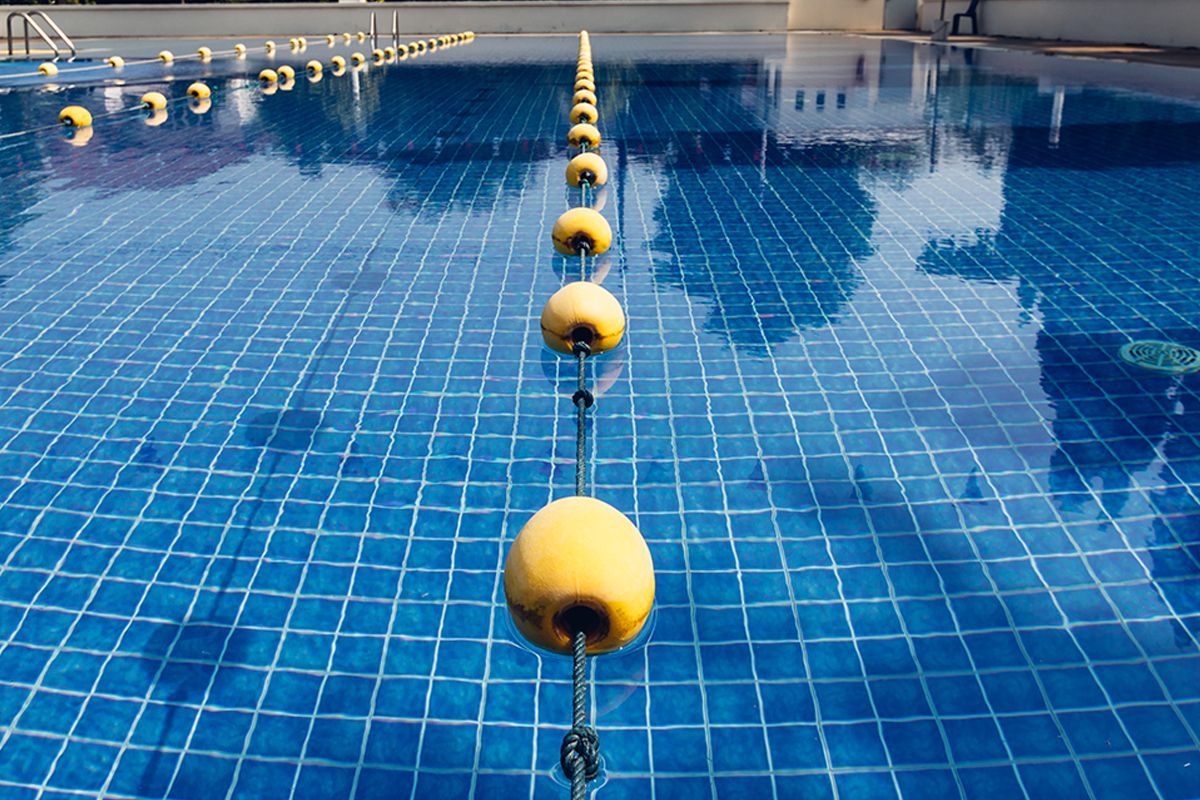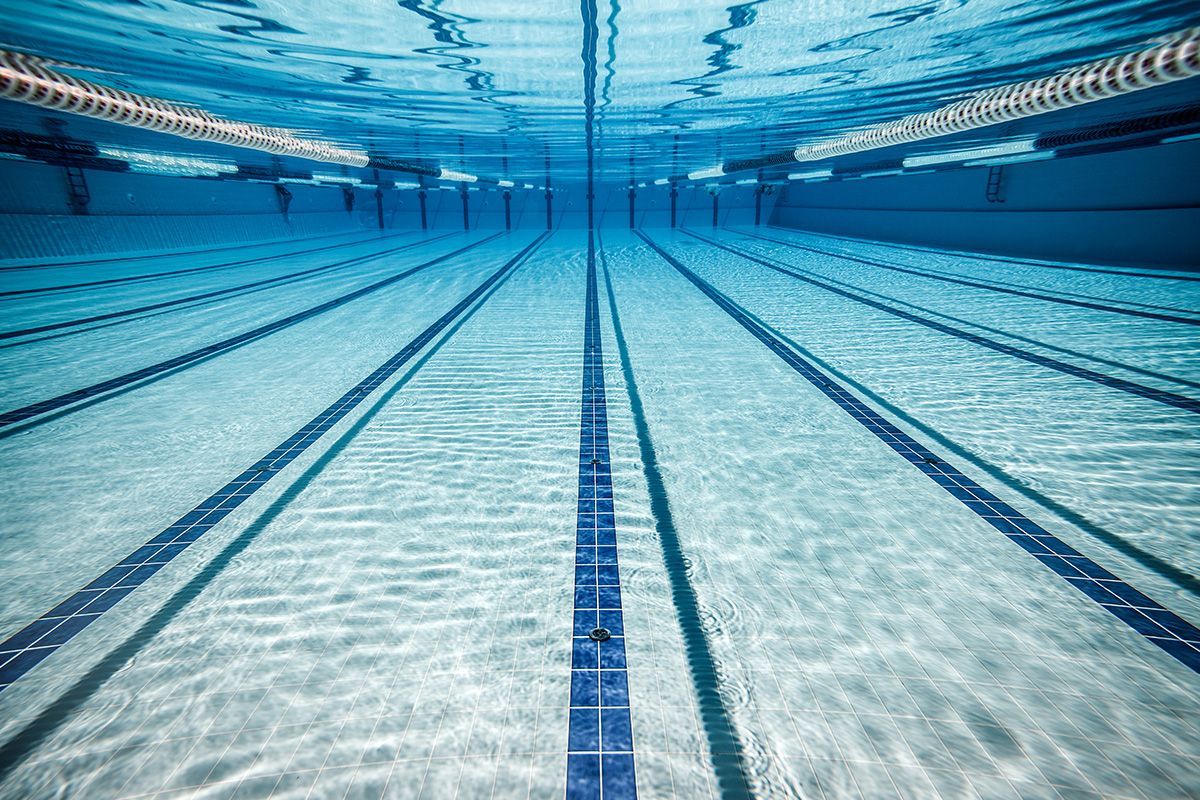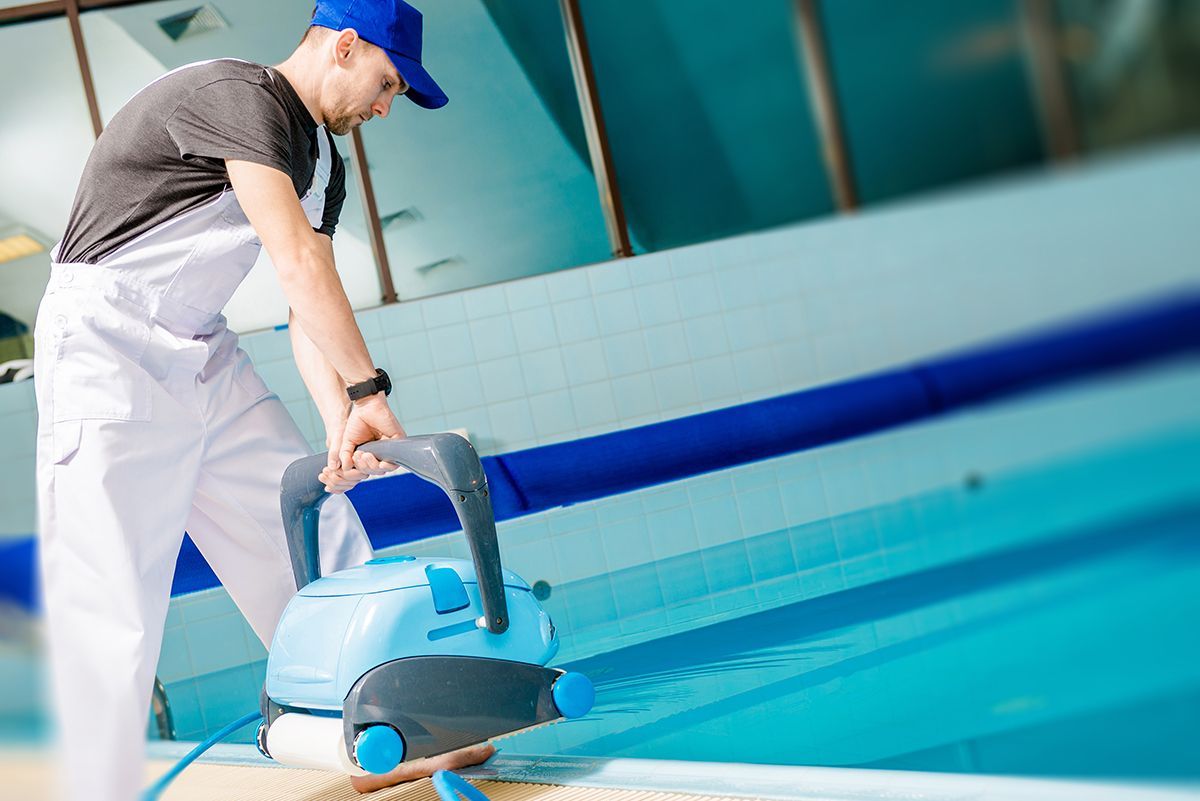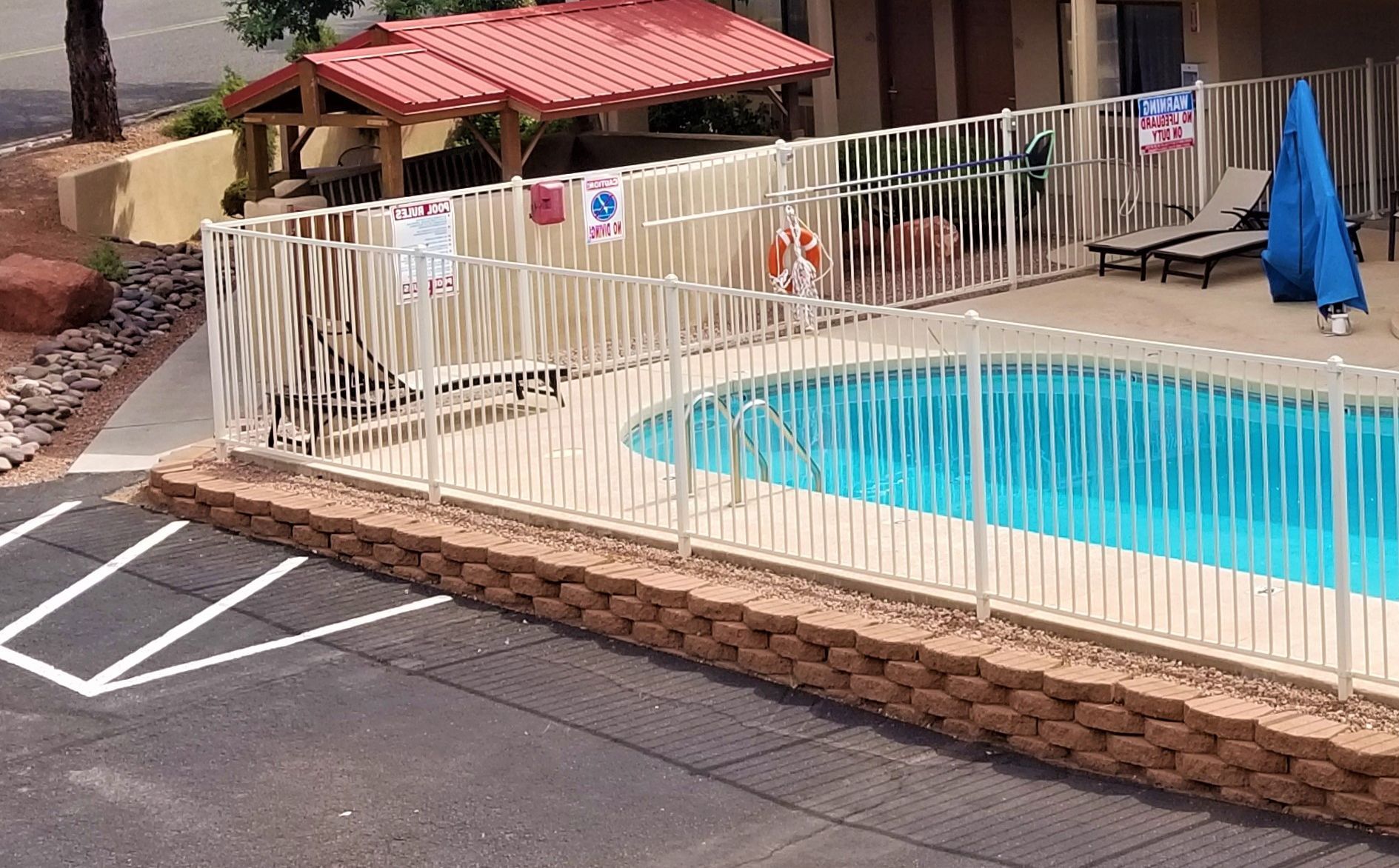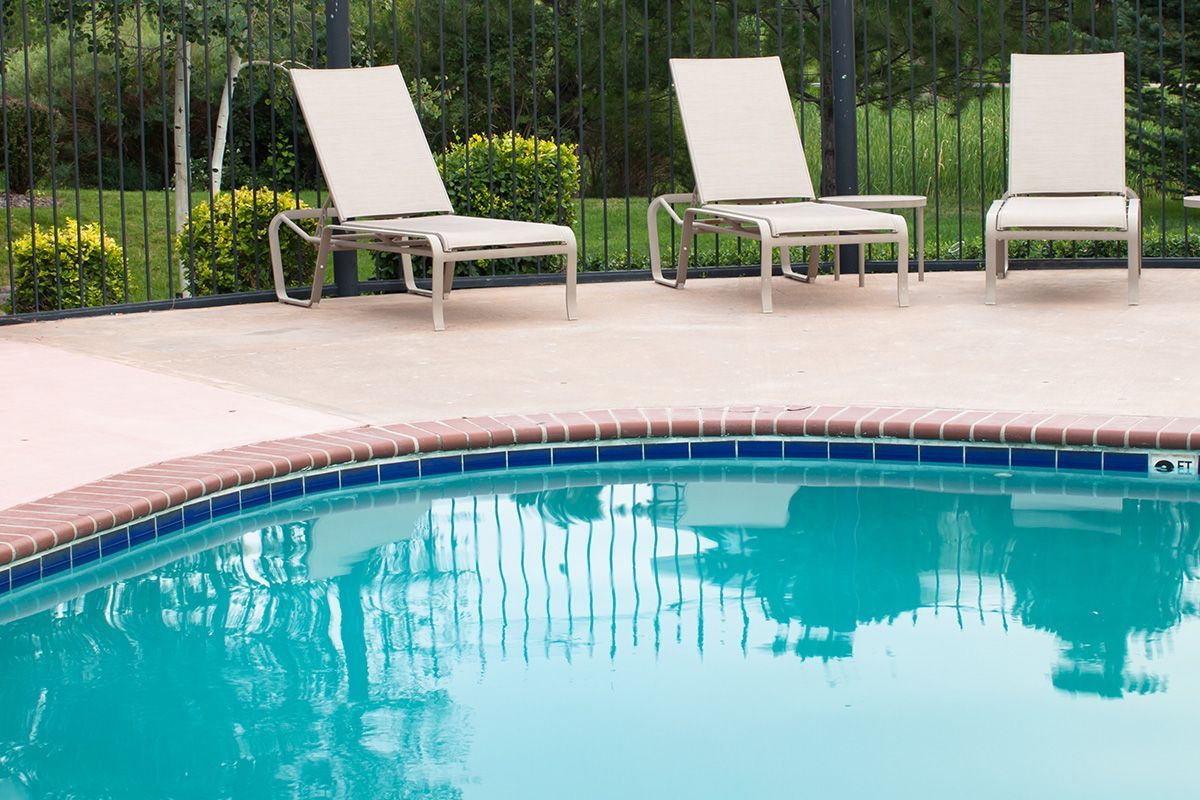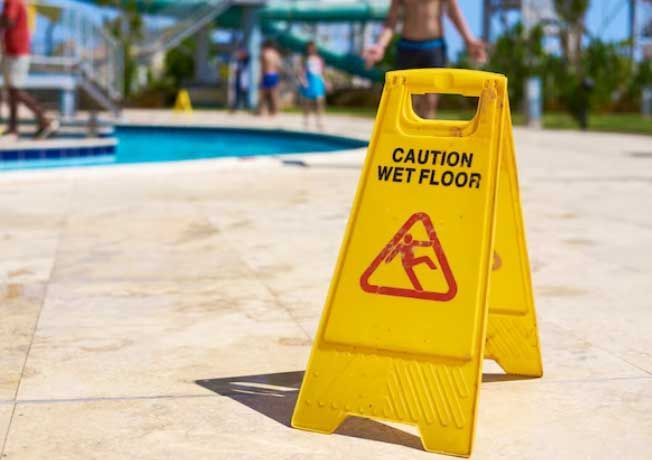DIY Pool Compliance: Is it Worth the Risk? Pros and Cons Explained
Planning on taking a DIY approach to get your pool compliant? It can save you some cash, but there are some important points you ought to consider first. DIY pool compliance may sound like a money-saving idea, but is it worth the risk in the long run? Let's jump into it and find out!
Quick Recap of Key Points
DIY pool compliance has some advantages as it can be more cost-effective, but it also comes with many potential risks to consider. It is important to weigh up the potential risks and benefits carefully before undertaking any work yourself.
Pros of DIY Pool Compliance
Doing a DIY pool compliance can have its pros, especially when one is looking to save money and time. There are various online resources that can provide instructions and helpful tips to complete the job on your own. Doing it yourself can give you a deeper understanding of the many components that form part of the process - how to check for electrical problems, test chlorine levels, inspect walls and surfaces for damage, and consider water quality. This can provide do-it-yourselfers with a better appreciation for their pool’s operational needs when it comes to regular maintenance.
Additionally, completing DIY pool compliance on one's own saves homeowners from hiring professional services which would lead to added cost without any guarantee of quality assurance or satisfaction with results.
If one chooses to DIY pool compliance, they are able to have hands-on experience in managing their pool’s health and routine upkeep; as well as ultimately being in control of the entire process from start to finish.
While there are some advantages to doing DIY pool compliance, the potential dangers posed by inexperienced individuals can be high. It is important for homeowners to do thorough research before beginning any work so that they ensure that the job is done safely, correctly and efficiently.
Advantages of Hiring a Professional to Do the Work
Hiring a professional to do the work when it comes to pool compliance has its own set of advantages. For instance, if you hire an experienced and qualified pool professional, they will likely be familiar with the regulations and codes required in pool construction. This not only decreases the likelihood of running into issues during inspections since all proper paperwork will be filled out, but also gives peace of mind knowing that building codes and other requirements were met.
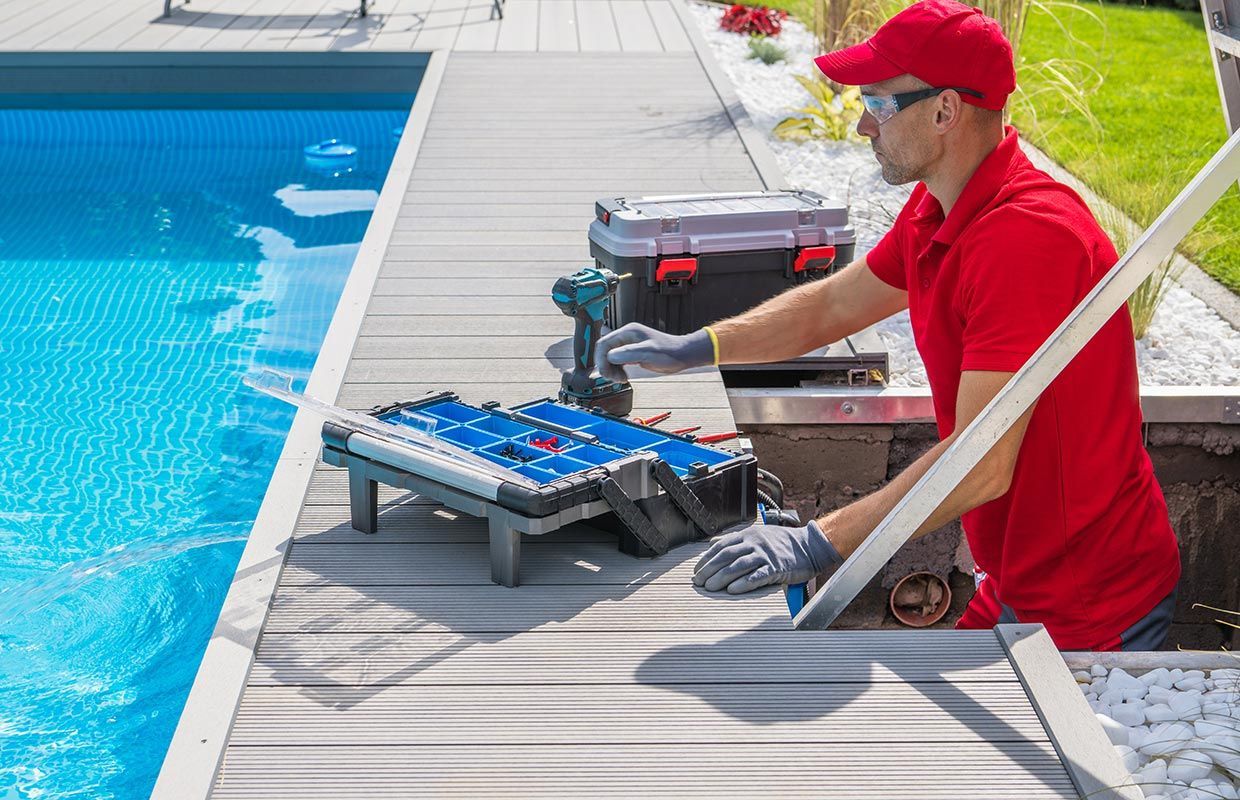
While hiring a licensed contractor may cost more than doing it yourself, it comes with the benefit of having a professional who can guarantee their work and provide warranties or guarantees. If something is not done correctly, they are legally accountable for fixing or replacing it. Furthermore, any issues brought to light by the inspectors will be the job of the contractor and don't become your responsibility.
Another advantage to hiring a professional for pool compliance is that time spent completing inspections is lower as professionals often have intimate knowledge on what inspectors are looking for. This allows them to set up the job ahead of time in preparation for efficiency during inspections.
Also, these professionals will be able to troubleshoot any potential problems quickly that may arise once inspections have started preventing any delays in project completion due to unexpected repairs or changes needed.
While both DIY and hiring a contractor have their pros and cons, it's important to choose the one that best suits your needs in terms of resources, budget and timeline. Hiring a pool compliance professional certainly has plenty of advantages which can make the process less stressful and worry-free while saving time and money in the long run.
Now that we've discussed some of the advantages of working with a professional, let's look at what you should expect when deciding to hire someone to do the work.
Highlights
Hiring a professional for pool compliance has real advantages, including knowledge of building codes and regulations, legal accountability for mistakes, reduced time spent on inspections due to familiarity, and more efficient troubleshooting.
DIY projects and hiring a contractor both have their pros and cons, so one should consider different factors such as resources, budget, and timeline when deciding which option is best.
What to Expect When Working with a Professional
When it comes to pool compliance, you may be debating whether or not hiring a professional is worth the cost. While there are many advantages when it comes to having a professional do the work—such as being able to guarantee that the job will be done correctly and up-to-code—what should you expect if you decide to hire one?
First, expect to pay for quality labor costs. Professionals typically have years of experience in the field and have learned proper techniques for installing and maintaining code-compliant pools. This level of expertise does come at an increased cost, but usually pays off in the long run. If a mistake is made during installation, a professional can more easily remedy the issue without any delay or extra cost incurred from re-inspection fees.
However, it should be noted that when working with professionals, you still need to monitor the work being done and make sure expectations are met. Not all professionals provide the same level of service in terms of customer care and appropriately meeting deadlines. Do your due diligence to reach out to references or read online reviews before you hire a professional to ensure that they are up to par with other professionals in your area.
Ultimately, when it comes to working with a professional, you can expect quality workmanship, but make sure that any promises they make are kept so that your project remains on track. Taking these precautions will prevent any unexpected problems or additional costs down the line and leave you feeling confident that your pool is compliant with local regulations. With this newfound peace of mind in place, it’s easy to look towards exploring the benefits of doing DIY pool compliance.
Benefits of DIY Pool Compliance
Do-it-yourself pool compliance can be a great way to save money and gain more control over the pool’s chemical use. DIY pool maintenance is the best way to maintain a healthy, safe, and clean swimming pool without incurring the extra costs associated with professional services. Doing simple tasks like testing the water, cleaning the filter, and inspecting for clogs can help keep the pH level balanced and reduce the chance of algae and bacteria forming.
Many people find that having an understanding of basic chemistry helps them monitor the balance of their pool more effectively than trusting in a professional. Additionally, DIY pool compliance gives users better control over their pool chemistry. They can choose which chemicals they want to use, be mindful of how much they're using, and find solutions to problems they're experiencing in real-time.
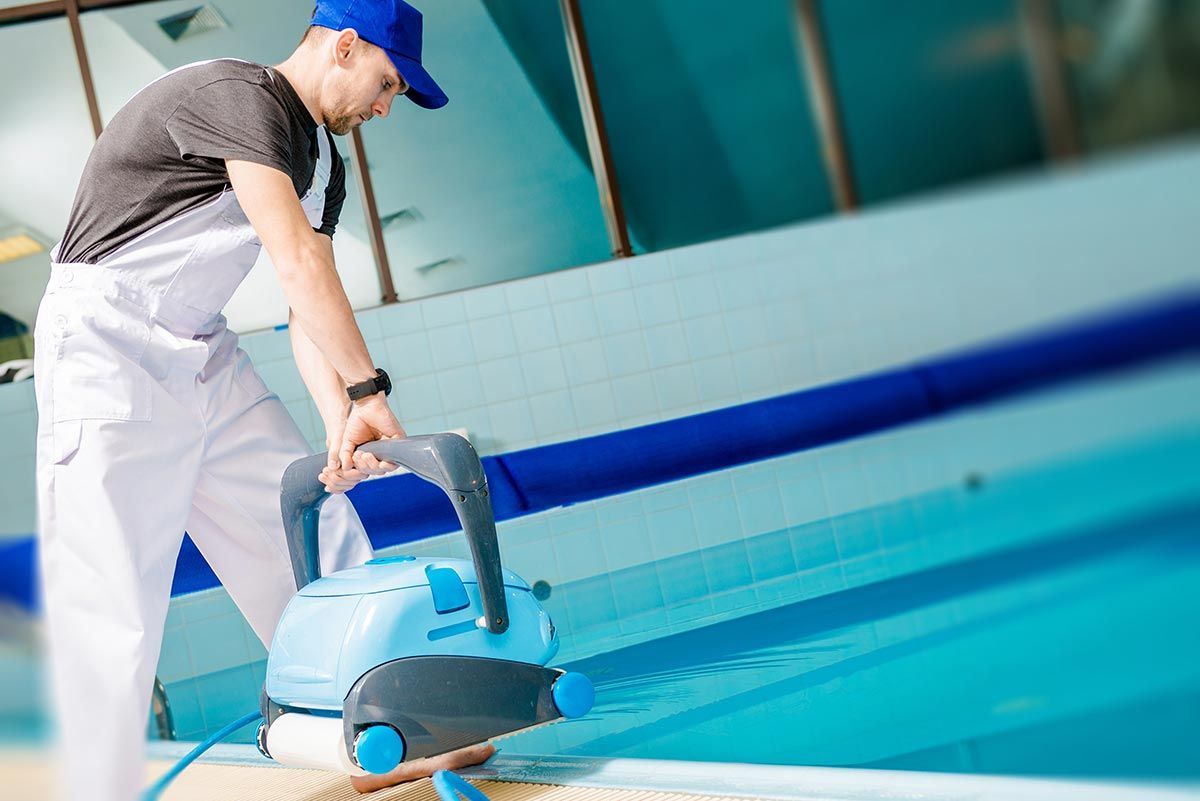
It's also important to note that not all DIY projects involve chemicals; general repairs can be done with relative ease while maintaining safety protocols. For instance, if one notices their skimmer has become loose or starts to rust around the edges, fixing it themselves is likely no more complicated than watching a few online videos and downloading some materials.
Coming up with solutions to significant problems doesn't have to break the bank either; many items like plumbing parts or replacement covers can be easily bought for various models without spending too much money.
Another substantial benefit of DIY pool compliance is that it allows owners to spot changes as soon as they happen, allowing them to take action before a major problem or disaster arises. This reduces the likelihood of having losses due to needlessly expensive projects like replacing a busted pipe or resurfacing a damaged waterline. Though this is usually done by professionals, by acting fast it can often be done in-house with minimal resources involved.
In conclusion, there are numerous benefits to handling your own DIY pool compliance projects. Cost savings, better control over chemical use, and faster reaction times are just some of the advantages that come along with taking it on yourself. In the next section we will explore how these benefits help save money and give owners more control over their chemicals when properly applied.
Cost Savings and Control over Chemical Use
When it comes to saving money, DIY pool compliance can sometimes provide some notable benefits. Adding chemicals to pools is one of the more expensive tasks related to pool maintenance; doing it yourself means fewer costs for chemical use, professional handling and delivery. Additionally, when the pool owner controls chemical use and the upkeep of their own pool, the chance of costly repairs from malpractices or labor errors is greatly reduced. Though having full control over your pool’s maintenance may sound appealing, it is important not to forget that with such control comes responsibility.
While there are clear cost savings associated with taking on these duties alone, it’s important for owners to be cognizant that this level of self-service requires practice and skill. Understanding water chemistry and carefully adding the proper amounts of chemicals can take some time to master.
Making the wrong combination could create an unbalanced and dangerous swimming environment which could potentially lead to health problems down the road. Thus, owners must carefully evaluate whether they are capable of this task before deciding if going at it alone is a wise decision.
Keeping close track of both your wallet and your safety should be a priority when deciding whether self-evaluation is right for you. That being said, challenges still arise when assessing a pool’s safety compliance, even when you have all the right tools and resources at hand.
For instance, local regulations may exist that demand specific practices and procedures you may not have considered prior to making any decisions about DIY maintenance. As such, explore your options by researching applicable regulations in order to make a more informed choice about what works best for you and your swimming space.
- According to a survey conducted in 2020, 74% of respondents agreed that doing pool compliance on their own would save them time and money.
- A study published in 2018 found that DIY pool compliance was more economical than hiring a professional in 88% of cases.
- In 2019, it was estimated that DIY pool compliance can result in up to 20% savings compared to hiring a professional for the same job.
Challenges of Self-Evaluating Your Pool's Safety Compliance
When considering whether to undertake DIY pool compliance, it is important to consider the challenges of self-evaluating your pool’s safety compliance. Although there are potential cost savings and control over chemical use when taking this approach, it can be difficult for even the most experienced pool owners to self-evaluate the safety compliance of their pools due to lack of expertise in dealing with more technical regulations such as those that concern water clarity or filtration systems.
Without the assistance of a professional inspector, detecting electrical problems or other safety hazards such as structural faults may not be possible.
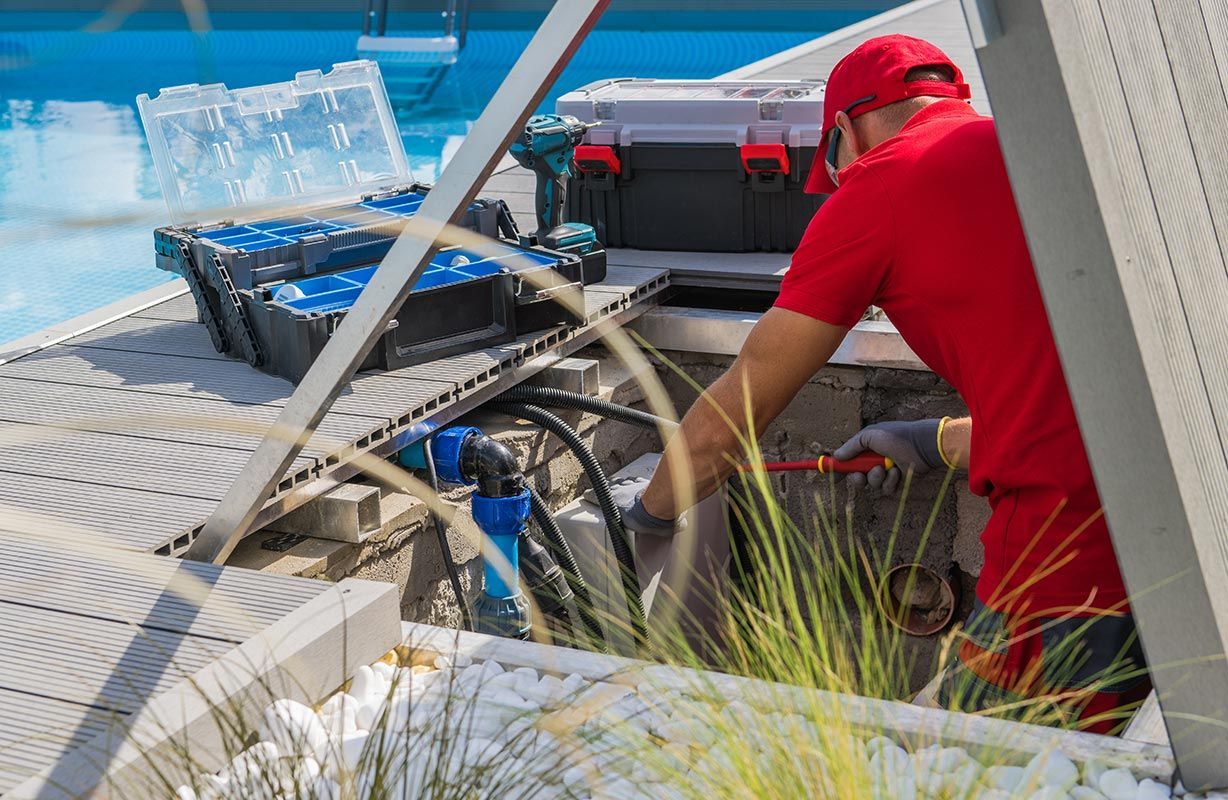
Another challenge associated with self-evaluation is knowing what standards to adhere to. Regulations can vary significantly between states and countries, so understanding which external standards may apply can be almost impossible without an expert. It can also be difficult to investigate common changes in health and safety requirements in order to ensure the continued suitability of your pool.
On balance, while there are both potential pros and cons associated with self-evaluating the safety compliance of your swimming pool, it has been argued that a professional assessment tends to be the safer option overall.
Of course, the question of cost remains an important factor for many people, so exploring further options in light of this challenge should always be considered if you choose to manage your own pool compliance.
Having evaluated both sides of the debate over DIY pool compliance and its associated challenges, it is now time to consider another factor: the time and effort needed when assessing regulation regulations.
Time and Effort of Assessing Regulation Regulations
When it comes to assessing the regulations that apply to a pool and the compliance work required, owners need to know they are taking a lot of responsibility in understanding what is necessary. Self-assessment can be an arduous task, since swimming pools must comply with local laws, national building codes, and industry standards. Each of these require extensive research into the specific requirements of their area and an understanding of how any renovations may affect their compliance.
Time commitment is also something that needs to be taken into consideration when evaluating safety measures surrounding a pool or water feature. It’s important to be aware that many standards set by state and local governments require annual inspections to ensure continued compliance.
This means that even after money and effort has been invested in passing initial inspections, there will still be a need for yearly maintenance check-ins from certified professionals.
Between the time spent researching code requirements, sourcing materials and equipment needed for compliance, and ensuring yearly inspections take place, self-assessing for regulation compliance may not be as cost-effective as initially perceived. It also does not come without its risks: following incorrect regulations or failing to meet proper safety guidelines could result in costly penalties or even potential legal action against the pool owner.
When it comes down to it, being completely sure your pool is compliant requires working with professionals who understand the complexities of proper operation and are certified by various government agencies or industry bodies.
The next section will dive deeper into what resources exist for those looking to find experienced technicians who can help make sure their pools are safe.
Finding Professionally Certified Industry Techs
When it comes to DIY pool compliance, finding a professionally certified industry tech is an extremely important step. Doing so will ensure that the required pool maintenance procedures and safety regulations are followed correctly.

On the one hand, it may be difficult and costly to locate such a technician who is certified and experienced in this field. Some pros of hiring a professional technician include their know-how of meeting government and other regulatory standards, as well as their expertise in diagnosing and addressing potential issues before they become more serious.
On the other hand, some argue that these professionals often charge large sums of money for their services which can be cost prohibitive for many people. Additionally, many argue that even though having a certified industry tech may provide peace of mind, it may also slow down the process to get your pool compliant as they will often need to visit multiple times in order to assess the situation and make sure all requirements are met.
An example of when using a firsthand technician could be beneficial is if you are dealing with custom renovations or unique issues with your pool. Having someone who is trained and certified in this area could help you avoid costly fixes down the road by providing expert insight that would otherwise be uncertain without them. For simpler projects, however, hiring an independent contractor who is not certified may still prove effective if done correctly.
Overall, determining whether or not you should hire a professionally certified industry technician for a DIY Pool Compliance project will depend largely on the complexity of the project and your budget. However, when in doubt it is best to contact an experienced industry tech who can assess the situation first-hand and provide advice tailored to your specific needs.

